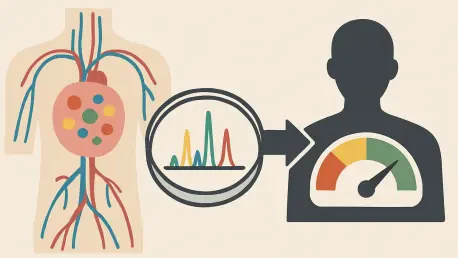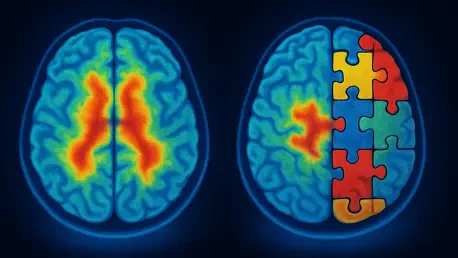
Imagine a world where the mysteries of mental health disorders like schizophrenia and bipolar disorder are no longer locked away in the complexities of the human brain, but instead can be studied in a lab through tiny, engineered replicas of brain tissue known as brain organoids. These lab-grown

What if a simple blood test could reveal your risk of disease a decade before any symptoms appear, transforming the way we approach health and prevention? In a monumental study involving 274,241 adults, scientists have tapped into the power of plasma metabolites—tiny chemical markers in the

In a world where cancer continues to challenge medical science, recent advancements offer a glimmer of hope for millions of patients grappling with this complex disease, and each year, countless individuals face diagnoses that turn their lives upside down. The urgency to develop effective,

What if a child’s autism diagnosis could be supported by technology in mere days instead of agonizing months or years, transforming the way families access critical care? Across the globe, families face excruciating delays in obtaining assessments for autism spectrum disorder (ASD), often missing

Today, we’re thrilled to sit down with Ivan Kairatov, a renowned biopharma expert with extensive experience in research and development, and a deep understanding of technological innovation in the industry. Ivan has been closely involved in groundbreaking studies that are shaping the future of

Imagine a world where treatments for complex diseases are tailored to an individual’s unique genetic makeup, offering hope to patients who have long been out of options, and Alnylam Pharmaceuticals, a pioneer in RNA interference (RNAi) therapeutics, is turning this vision into reality by joining